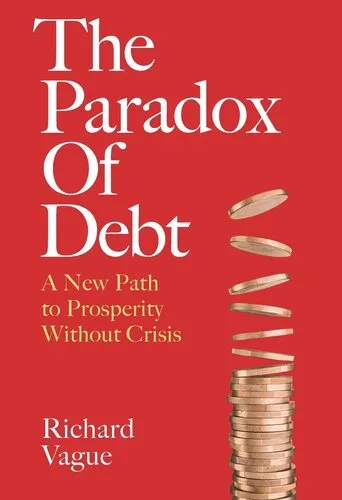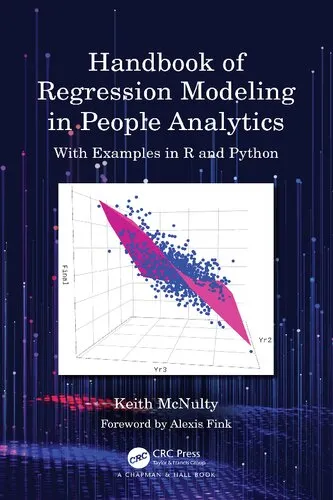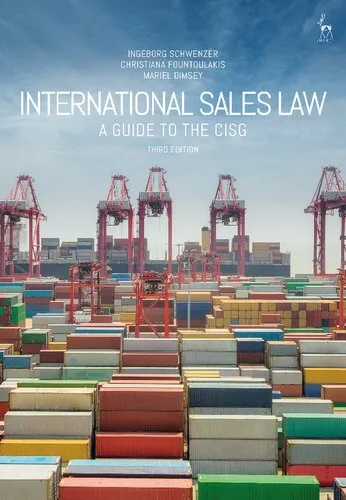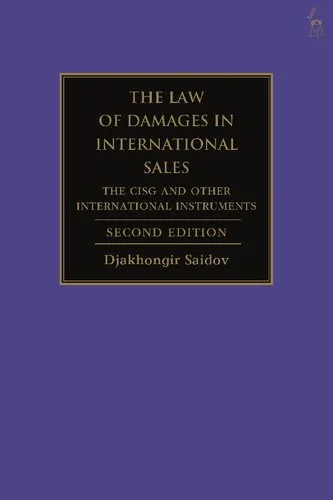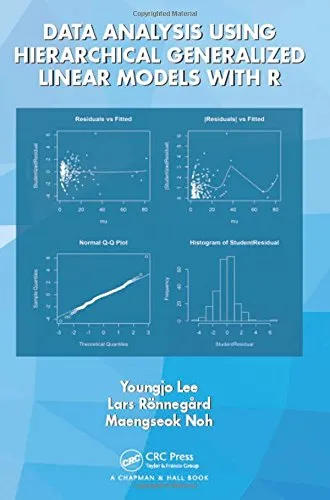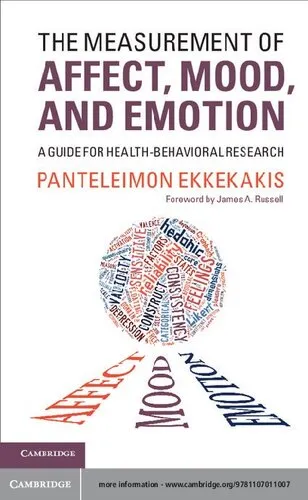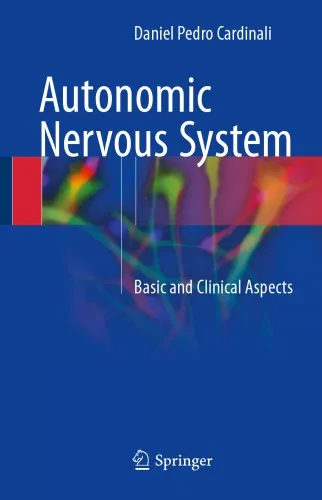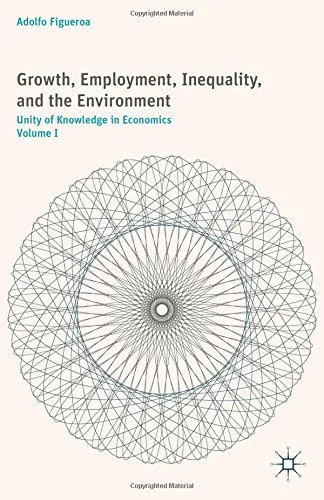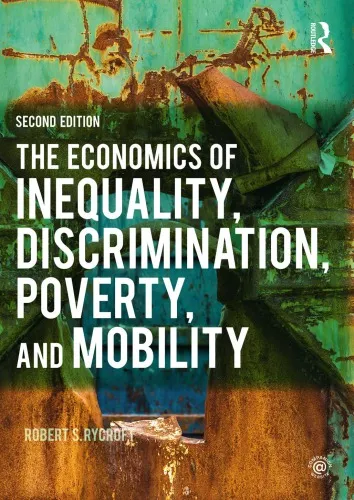The Paradox of Debt: A New Path to Prosperity Without Crisis
4.9
Reviews from our users

You Can Ask your questions from this book's AI after Login
Each download or ask from book AI costs 2 points. To earn more free points, please visit the Points Guide Page and complete some valuable actions.Related Refrences:
Introduction to "The Paradox of Debt: A New Path to Prosperity Without Crisis"
In an era where economic conversations are frequently dominated by concerns of global crises and financial instability, "The Paradox of Debt: A New Path to Prosperity Without Crisis" emerges as a thought-provoking exploration of a new economic narrative. Authored by Richard Vague, this book challenges the conventional wisdom surrounding debt, urging readers to reconsider their perceptions and thoughts about its role in the economy.
Vague presents an argument that flips the script on the traditional view of debt as a perilous burden. Instead, he elucidates how strategically leveraged debt can be instrumental in fostering innovation, driving growth, and creating prosperity. Through meticulous research and a compelling presentation, Vague invites policymakers, economists, and the general public to explore this paradox and contemplate how debt can be harnessed for greater economic health.
Detailed Summary of the Book
Richard Vague delves deep into the history and structure of debt, analyzing its multifaceted roles throughout various economic booms and busts. The book begins by defining debt’s fundamental components and moves through a historical examination of debt in several economic contexts. Vague meticulously analyzes episodes of significant economic growth coinciding with periods of expanding debt obligations, illustrating how debt has acted as a catalyst rather than a shackle.
The book further explores how debt levels across government, corporate, and personal sectors have often been misinterpreted by media and policymakers, leading to misguided economic policies. Vague argues that rather than solely focusing on debt reduction, the focus should be shifted towards managing and channeling debt in productive directions.
Interspersed with data-driven insights and case studies, "The Paradox of Debt" serves as both a historical account and a manual for future economic strategies. It offers a blueprint for using debt in a manner that stimulates economic growth without leading to cycles of destructive financial crises.
Key Takeaways
- Debt can fuel economic innovation and growth when managed and allocated wisely.
- The perception of debt as inherently negative is a misconception that needs addressing.
- Strategic increment of debt correlates positively with economic expansion phases in history.
- Policymakers need to focus on the productive use of debt rather than merely on debt reduction.
Famous Quotes from the Book
"Debt is not the enemy; misuse and mismanagement of debt are the real adversaries of economic stability."
"The key to economic prosperity lies not in avoiding debt, but in embracing it wisely and with calculated intent."
Why This Book Matters
"The Paradox of Debt" is an essential read for anyone intrigued by economic policies or concerned about financial stability. By offering an alternative lens through which to view debt, Richard Vague provides critical insights that challenge and potentially transform conventional economic policies. The book is particularly timely as it presents solutions that can help navigate the complex economic challenges of the modern world, marrying prosperity with stability in an innovative blueprint. Whether you are a policymaker, an academic, or a concerned citizen, the insights contained within this volume provide an invaluable resource for understanding and applying economic principles in today’s society.
Free Direct Download
You Can Download this book after Login
Accessing books through legal platforms and public libraries not only supports the rights of authors and publishers but also contributes to the sustainability of reading culture. Before downloading, please take a moment to consider these options.
Find this book on other platforms:
WorldCat helps you find books in libraries worldwide.
See ratings, reviews, and discussions on Goodreads.
Find and buy rare or used books on AbeBooks.
1355
بازدید4.9
امتیاز0
نظر98%
رضایتReviews:
4.9
Based on 0 users review
Questions & Answers
Ask questions about this book or help others by answering
No questions yet. Be the first to ask!
